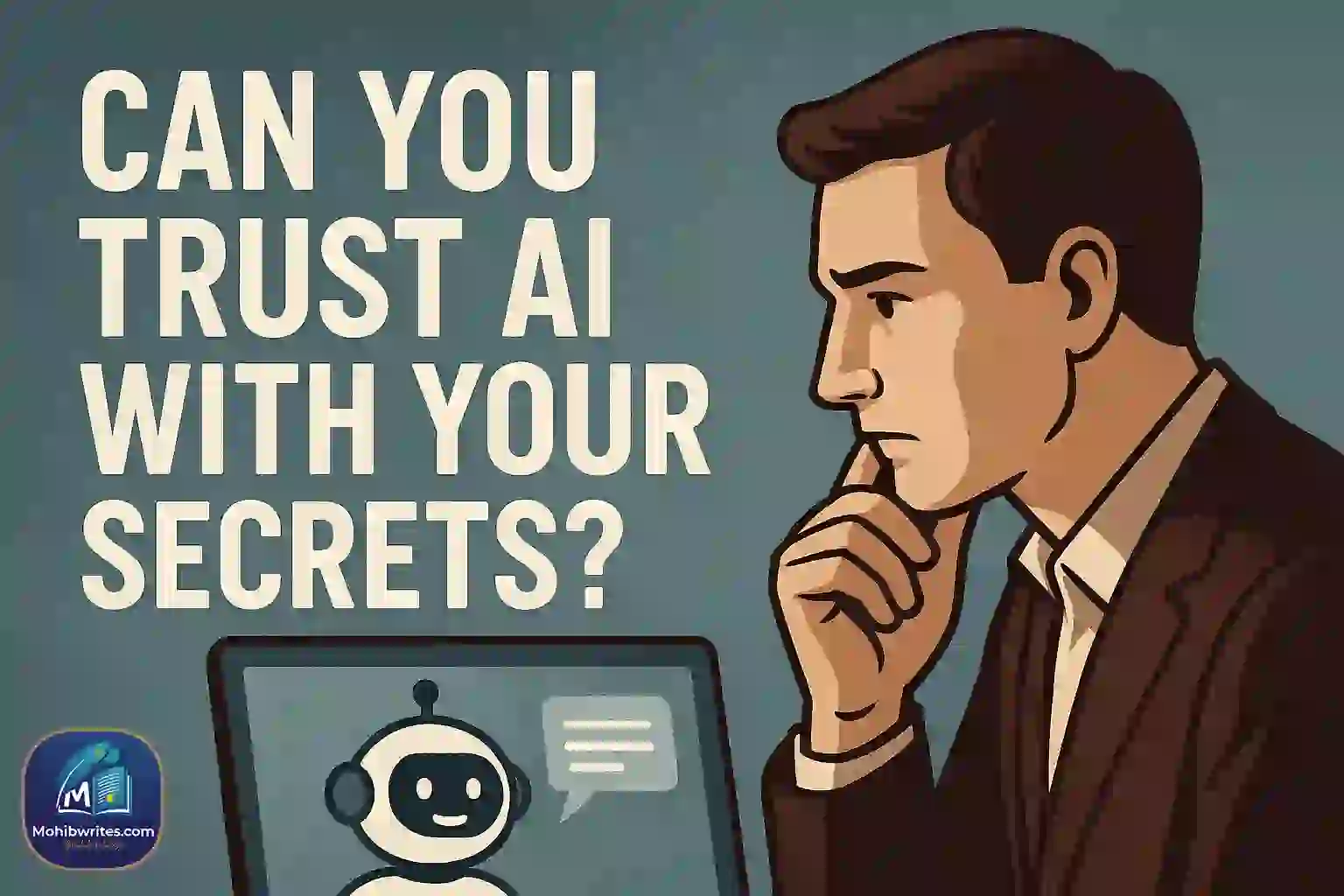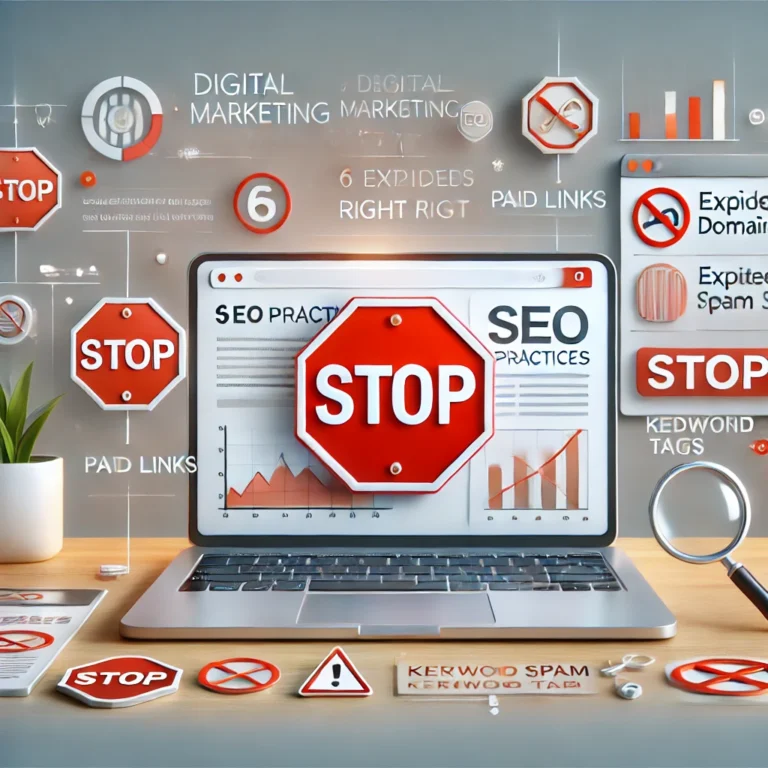Probably not — you should not automatically trust AI with your secrets.
Chatbot conversations often lack legal privilege, can be retained by providers (or preserved by court order), and in some cases are reviewed by people or contractors — so treat chatbots as non-confidential until you confirm otherwise.
Why AI chat logs aren’t automatically private
No legal privilege by default.
Conversations with chatbots don’t get attorney-client, doctor-patient, or therapist confidentiality unless your provider has explicit, legally binding arrangements — and courts treat chat logs like other electronic records.
Data retention + court orders.
In 2025 U.S. court actions have forced platforms to retain chat logs; providers may be compelled to preserve and turn over records if a judge finds them relevant.
OpenAI has publicly said it was fighting and responding to court data-preservation orders in mid-2025.
Humans can see training data.
Contract reviewers for large tech firms have reported seeing user chats, including identifiable information, during model training and safety review — a privacy risk many users don’t expect.
Terms of Service & product tiers vary.
Free consumer versions typically offer less control.
Some paid/enterprise plans advertise data controls or deletion, but those protections usually come with terms you must read — and exceptions remain for legal or security reasons.
Real-world 2025 examples that changed how people think about AI privacy
OpenAI & court preservation
A high-profile 2025 case forced preservation/retention orders that showed chats can be demanded by courts.
OpenAI acknowledged the legal pressure and the need to comply while contesting some orders.
Contractors reviewing chats
Reporting in 2025 revealed that contractors for major platforms sometimes reviewed real user conversations — including personal details — to train and audit models.
That led to fresh scrutiny and policy changes.
Regulatory & safety pressure at Meta
Reuters and others reported unsafe chatbot behaviors and policy lapses in Aug 2025, prompting product-level safeguards and Congressional attention.
These developments happened amid growing AI adoption — ~34% of U.S. adults have used ChatGPT as of June 2025, up sharply from prior years — which raises the stakes for ordinary users.
How to use AI without handing over your secrets
Use these 7 actions (we’ve tested the advice across provider docs and reporting):
Assume logs can be preserved
Treat chatbots like non-private note-taking unless your contract explicitly says otherwise. (Legal cases and provider statements back this up.)
Avoid PII / privileged facts
Don’t paste legal documents, medical histories, exact addresses, financial account numbers, or party names tied to disputes.
Use enterprise or business plans for sensitive work
Enterprise/Business tiers often include opt-out of data retention and admin controls — verify the SLA and deletion windows (OpenAI states retention can differ by plan).
Turn off chat history where offered — but read the fine print
Deleting history in the UI may not remove backups or records preserved under legal hold.
Consider local or on-prem LLMs for truly private tasks
Local LLMs remove third-party retention risk but require IT expertise and security operations.
Mask sensitive text before sending
Replace names, dates, or account numbers with placeholders if you need help drafting wording.
It reduces deanonymization risk.
Document your data handling decisions
If you must use chatbots for work, log when, why, and under what controls you used them — this helps in audits or litigation.
When it might be “safe enough”
If your chat is clearly generic, anonymous, and unrelated to any dispute, the risk of discovery is low — but not zero.
For low-risk queries (e.g., brainstorming slogans, high-level technical questions, summaries of public documents) consumer chatbots are fine; for legal strategy, therapy details tied to active disputes, or criminal admissions, do not use chatbots.
What to confirm before you use a tool for sensitive work
Before using a tool for any sensitive work, confirm that:
- Does the plan explicitly state data deletion / retention windows?
- Are there contractual assurances (DPA) and audit rights for enterprise customers?
- Will human reviewers or contractors access my chats?
- What happens under legal process (subpoena / preservation orders)?
Don’t trust AI with your deepest secrets by default — chat logs can be retained, reviewed, or subpoenaed.
If you must use AI for sensitive matters, choose enterprise controls, on-prem solutions, or licensed professionals (lawyer/doctor/therapist) and document your protections.
Run a quick audit today:
- Check your AI provider’s data retention page and terms of service.
- Switch to an enterprise or local model for sensitive work.
- And update internal policies to disallow confidential disclosures to consumer chatbots.
FAQs (People Also Ask)
Can my ChatGPT or AI chatbot conversations be used in court?
Yes — if records exist and are relevant, courts can order their preservation and production; 2025 cases and court orders have confirmed this possibility.
Are AI chats protected by attorney-client or doctor-patient privilege?
No — not automatically.
Privilege typically requires a confidential relationship and protected communication; chats with public AI tools generally don’t meet those legal standards.
Don’t rely on chatbots for privileged communications.
Do paid or business AI plans delete my data for good?
Some paid/business plans offer stronger data controls and deletion options, but read the DPA/SLA.
Vendors may still retain backups or comply with legal holds in litigation.
Are humans reading my AI chats?
Yes — in many programs, sampled chats are reviewed by human contractors for safety and training; reporting in 2025 confirmed this practice at several firms.
Assume human review is possible unless the vendor explicitly states otherwise.







